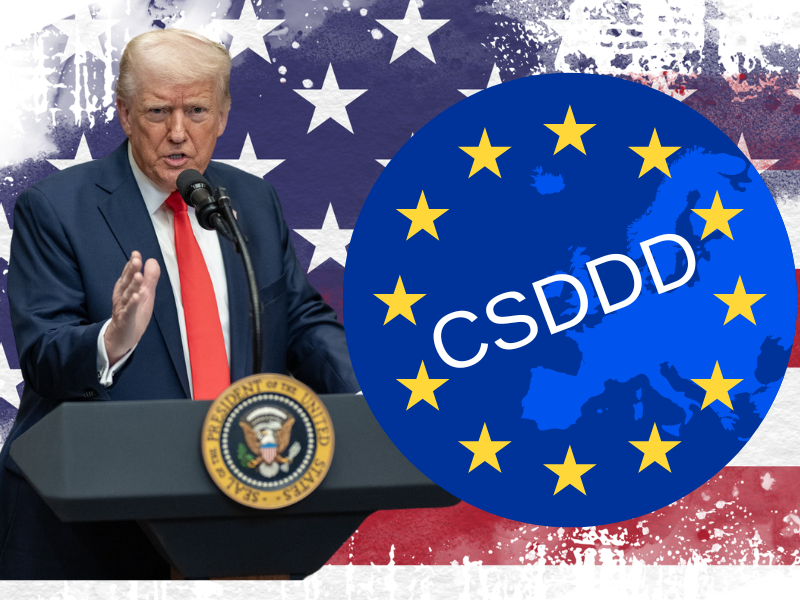Google Inc. is finding it precarious at the top of the mountain as it undergoes intensifying scrutiny from a variety of government regulatory agencies. The latest to investigate the world’s largest Internet search engine is the Federal Trade Commission, according to Bloomberg News.
Bloomberg‘s widely disseminated report stated the FTC is considering a broad antitrust investigation into Google’s search practices following the Department of Justice’s April 2011 conclusion of an inquiry into the company’s $700 million acquisition of Cambridge, Massachusetts travel software company ITA Software Inc.
Industry analysts estimate Google controls nearly 67 percent of Internet searches in the United States, which has raised its profile for claims of antitrust violations. Google competitors Microsoft, Travelocity, and Expedia have all called for government investigations.
Texas, EU Launch Investigations
The Texas Attorney General’s Office initiated its own investigation last September when the AG subpoenaed Google’s internal documents related to how the company establishes its advertising rates, as well as Google’s closely guarded search-engine algorithms and its methods for determining Web page display ads for each keyword search result. Ohio and Wisconsin are expected to follow suit.
Last November the European Commission announced its decision to launch an antitrust investigation after a complaint from Microsoft that Google has abused its dominant position over the Internet-search industry.
The European Commission is currently investigating allegations that Google practices anticompetitive techniques by aiming to shut out competing search tools, including ads, and whether Google lowered rates for advertisers who sponsor links on Google-powered searches. Microsoft’s complaint, filed last month, may expand the investigation to online video and mobile phones.
“The EC has shown that it’s fairly successful in these kinds of claims,” said Keith Hylton, an antitrust law professor at Boston University School of Law.
Hylton says such cases tend to find favor with European courts. He says the legal environment in the United States is just the opposite, and the types of complaints being lodged against Google don’t have strong legal basis here.
“I think one of the reasons we’re seeing the FTC and the Justice Department looking into these complaints is, I suppose, once Google makes concessions to the European Commission, Google will be more likely to make the same concessions, here, to the U.S. regulators,” he said.
Alyssa Carducci ([email protected]) writes from Tampa, Florida.



